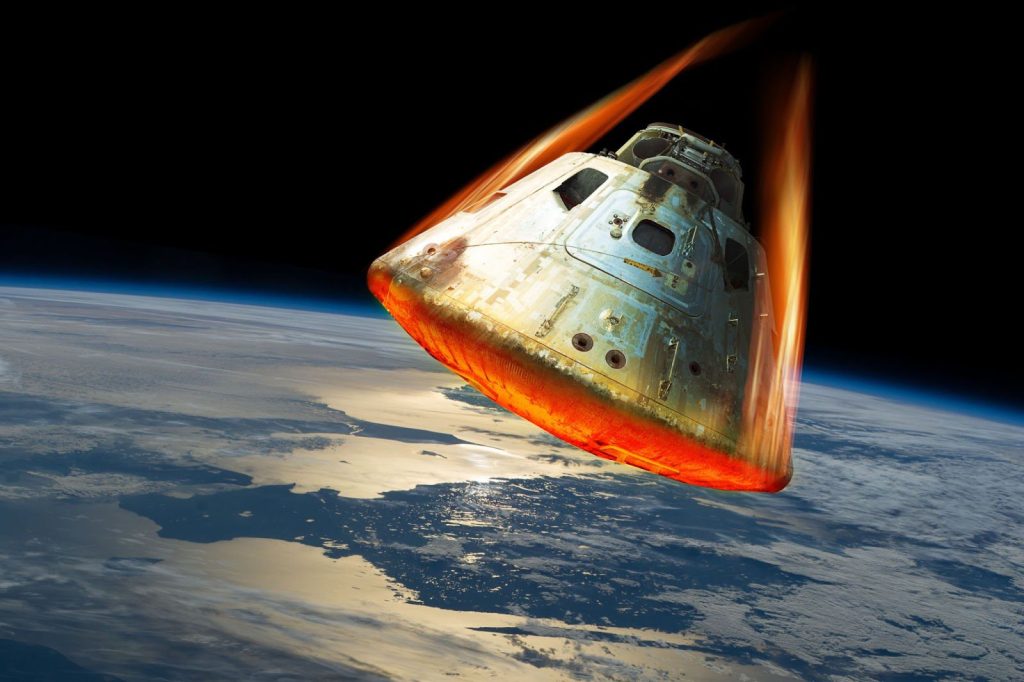The harsh environment of space presents unique challenges for spacecraft and astronauts, and Thermal Control in Space is one of the most critical systems ensuring survival and operational success. Temperatures in orbit can swing from extreme heat to bitter cold in a matter of minutes, and without proper thermal management, sensitive instruments and human crews could face catastrophic consequences. The Universe Episodes explores these challenges in depth, offering viewers an inside look at how engineers and scientists tackle the complex problem of Thermal Control in Space.
Understanding Thermal Control in Space
Thermal Control in Space involves regulating the temperature of spacecraft to maintain optimal conditions for both equipment and humans. Unlike Earth, where the atmosphere moderates temperature, space exposes objects to direct solar radiation and the chilling void of shadow. The Universe Episodes explains that managing heat is not just about comfort—it is essential for the functionality of satellites, space stations, and interplanetary probes. Without effective Thermal Control in Space, electronics could fail, materials could warp, and astronauts could face life-threatening conditions.
Passive and Active Thermal Control in Space
Space engineers rely on both passive and active methods for Thermal Control in Space. Passive systems use materials and coatings that reflect or absorb heat, insulating spacecraft from temperature extremes. Meanwhile, active systems employ heaters, pumps, and radiators to redistribute heat where needed. The Universe Episodes highlights how these systems work together, showing viewers how intricate the design of Thermal Control in Space truly is. The balance between absorbing, storing, and radiating heat is delicate, yet crucial for sustaining long-term missions in orbit.
Challenges of Thermal Control in Space
One of the primary challenges of Thermal Control in Space is the rapid transition between sunlight and shadow. As satellites and space stations orbit Earth, they repeatedly move from intense sunlight into the darkness of space. The Universe Episodes demonstrates how these shifts create thermal stress, causing expansion and contraction in materials. Engineers must carefully calculate and design systems to accommodate these changes, highlighting the importance of precision in Thermal Control in Space. Even a minor miscalculation can have major repercussions for equipment integrity and mission success.
The Role of Radiators and Insulation
Radiators and insulation are key components of Thermal Control in Space. Radiators expel excess heat into space, while insulation prevents critical areas from losing warmth. The Universe Episodes provides an in-depth look at these mechanisms, showing how spacecraft are wrapped in specialized blankets and panels to maintain stable temperatures. Effective Thermal Control in Space ensures that instruments remain functional and that astronauts have a safe living environment, even when exposed to the extremes of orbit.
Thermal Control in Space for Human Spaceflight
For human missions, Thermal Control in Space is even more critical. Astronauts rely on space suits and cabin systems to maintain life-supporting temperatures. The Universe Episodes explores how these systems remove heat generated by the human body while providing warmth in the cold vacuum of space. The series highlights the complexity of Thermal Control in Space for crewed missions, emphasizing that even small failures in thermal management could have severe consequences. Life in orbit depends on the careful engineering of these thermal systems.
Innovations in Thermal Control in Space
As missions extend further into the solar system, innovations in Thermal Control in Space become increasingly important. New materials, advanced heat exchangers, and intelligent thermal management systems allow spacecraft to endure longer and travel farther. The Universe Episodes introduces viewers to these cutting-edge technologies, showing how engineers adapt Thermal Control in Space strategies for environments beyond Earth orbit. These innovations ensure that missions to the Moon, Mars, and beyond can succeed under extreme and unpredictable thermal conditions.
Monitoring and Maintenance in Orbit
Maintaining Thermal Control in Space requires constant monitoring and occasional repairs. Sensors track temperature variations, and automated systems adjust heating or cooling as needed. The Universe Episodes illustrates how mission control teams on Earth collaborate with astronauts to ensure thermal stability. This ongoing vigilance is essential, as fluctuations in temperature can affect everything from electronics to life support. Through careful observation and maintenance, the principles of Thermal Control in Space are applied in real-time to protect both equipment and human lives.
Thermal Control in Space and Satellite Performance
For satellites, Thermal Control in Space is crucial for mission longevity and performance. Sensitive instruments must remain within operational temperatures to collect accurate data. The Universe Episodes shows how satellites employ reflective coatings, heat pipes, and radiators to maintain ideal conditions. By managing thermal loads effectively, engineers ensure that satellites can function as intended, whether monitoring Earth, communicating across vast distances, or studying distant planets. Thermal control is, therefore, a cornerstone of satellite reliability.
Conclusion: The Critical Role of Thermal Control in Space
The challenges of Thermal Control in Space illustrate the complexities of operating in the unforgiving environment of orbit. The Universe Episodes provides an insightful look at the strategies and technologies that protect spacecraft and astronauts from extreme temperatures. From passive insulation to active cooling systems, from radiators to innovative materials, every aspect of thermal management plays a crucial role in mission success. Understanding Thermal Control in Space allows viewers to appreciate the delicate balance that makes space exploration possible, highlighting the ingenuity and precision required to survive and thrive in the cosmos.

